Landscape
The importance of Monmouthshire ’s landscape is reflected in its designations, both statutory designated sites such as Bannau Brycheiniog National Park in the north of the county, and historic designations such as the Gwent Levels in the south.
Areas outside these designated landscapes are also rich in features of natural and cultural significance, with a range of international and national nature conservation designations and a wealth of Historic Parks and Gardens, Conservation areas and historic towns and archaeological designations which contribute to the unique and beautiful landscape setting of Monmouthshire.
Statutory Designated Landscapes
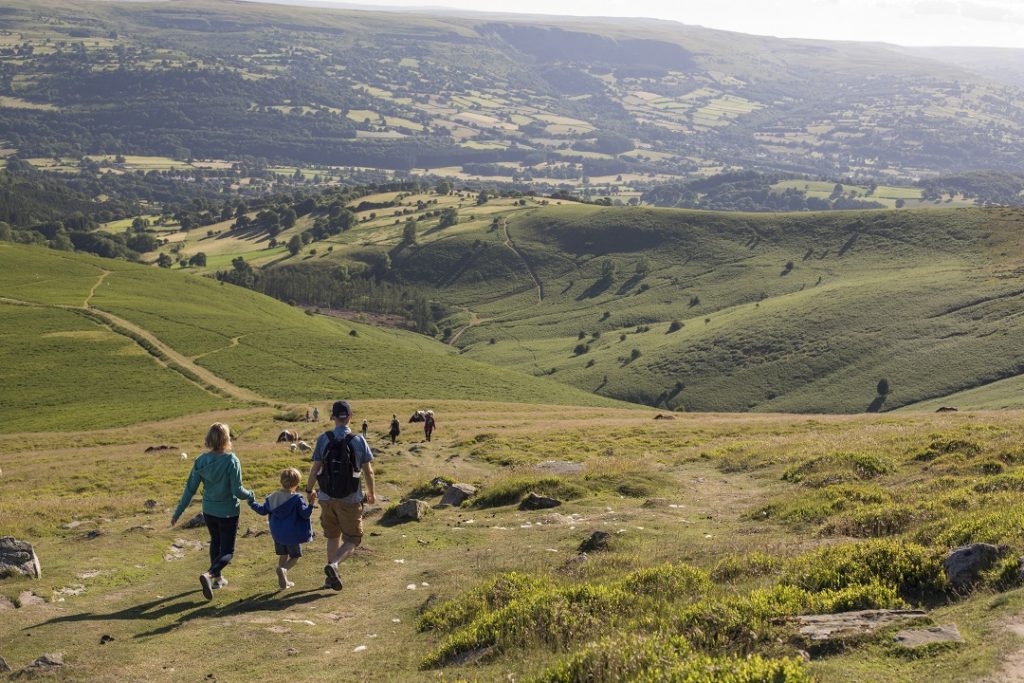
The Bannau Brycheiniog National Park
The Bannau Brycheiniog National Park is a ‘Category Five Protected Landscape Area’ which means it is managed for landscape conservation and recreation. Some matters such as planning are the responsibility of the park authority in areas of Monmouthshire which sit within the park.
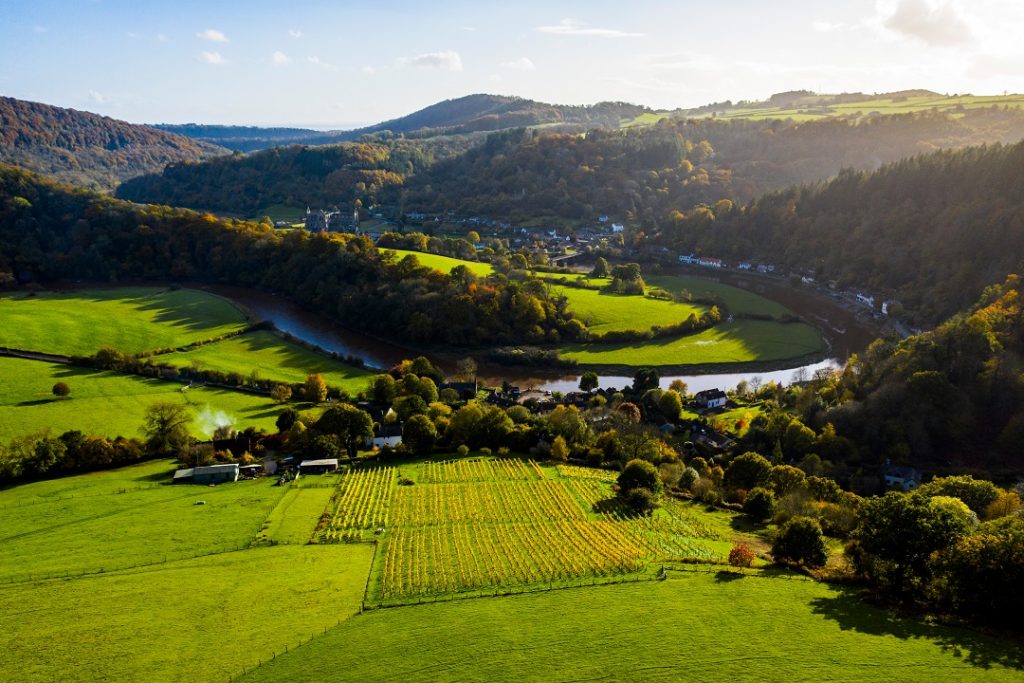
Wye Valley Area of Outstanding Natural Beauty (AONB)
The Wye Valley AONB on the eastern boundary of Monmouthshire was designated in 1971 to protect the dramatic limestone gorges and native woodlands, impressive geology, rich historic legacy of hillforts, castles and the first Cistercian Abbey in Wales, and the incredible wildlife.
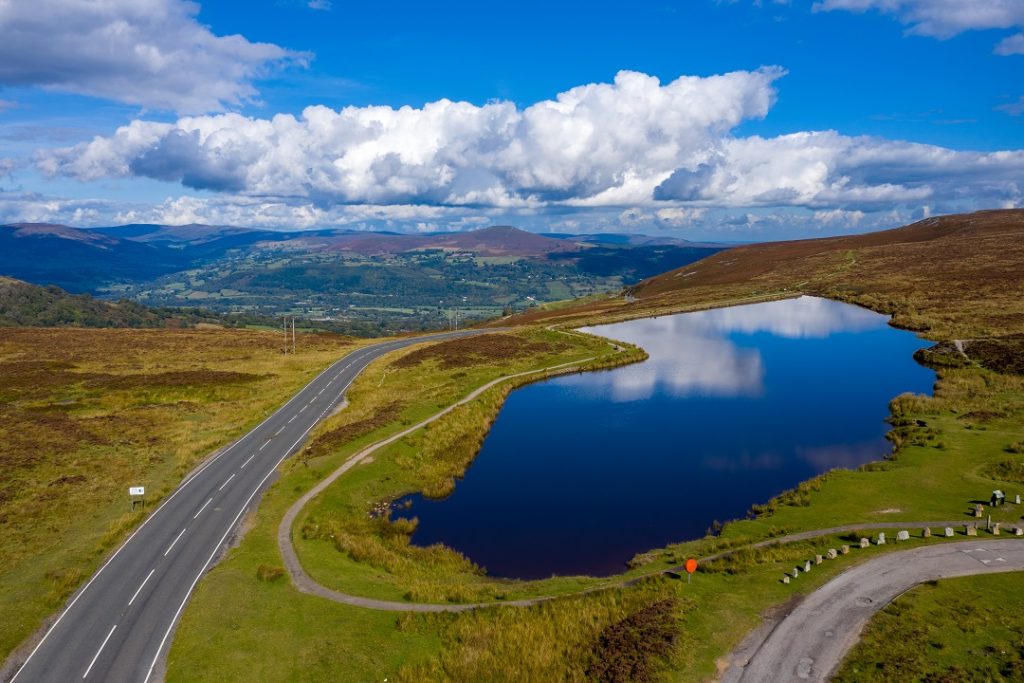
Blaenavon Industrial Landscape World Heritage Site ( BILWHS)
Blaenavon Industrial Landscape was inscribed as a World Heritage Site by UNESCO in 2000 in recognition of the exceptional testimony to the dynamic forces that drove the Industrial Revolution that is told through the areas heritage assets.
Historic Landscape Designations
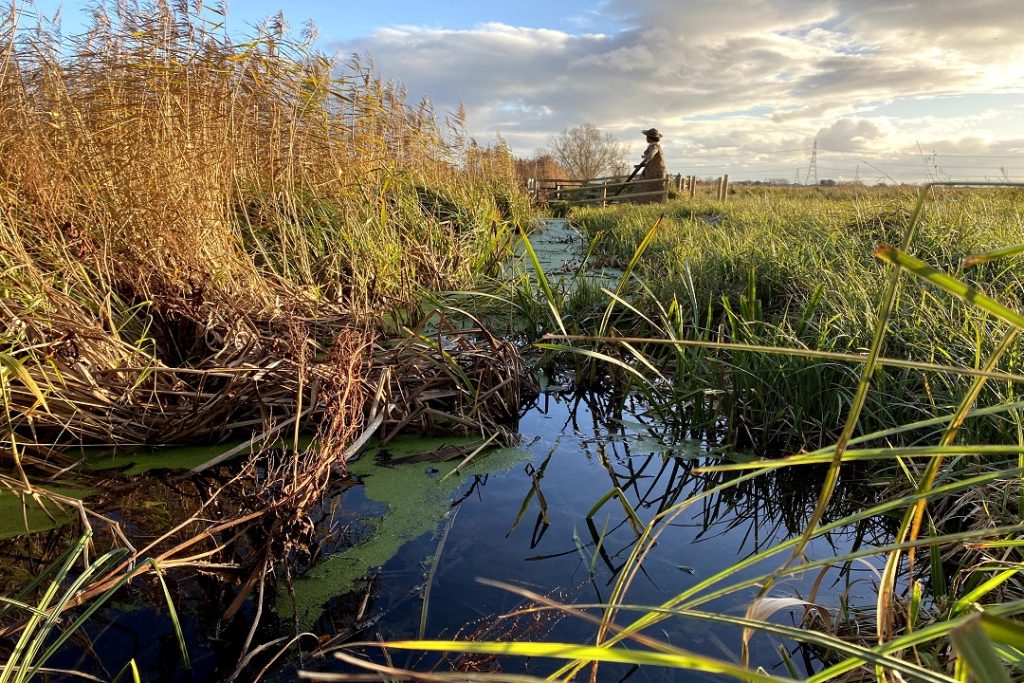
The Outstanding Historic Landscape of Gwent levels represents the larges and most significant Welsh example of a “hand-crafted” landscape with evidence of settlements dating as far back as the roman period. You can find out more about the rich history of the Gwent Levels through the Living Levels partnership.
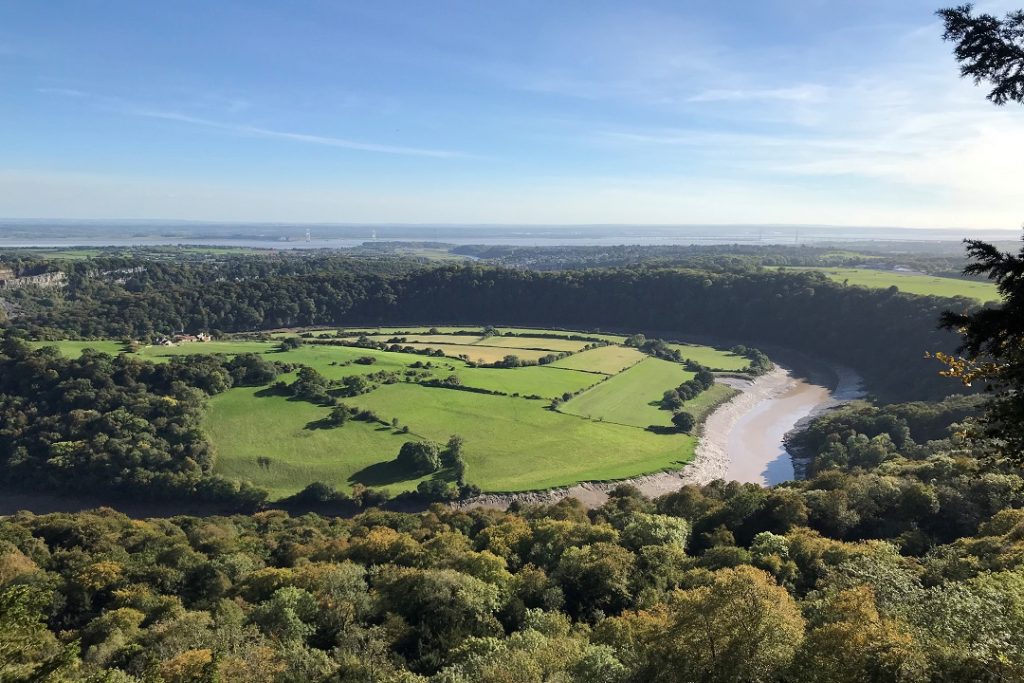
The picturesque character of the Lower Wye Valley is a result of a combination of factors from both the natural and historic landscape. Its importance as a landscape, which has heavily influenced modern perceptions of scenic beauty and the picturesque, is reflected in the wealth of landscape, heritage and nature conservations.

The spectacular Clydach Gorge is rich in cultural and industrial history, geology and biodiversity. The Clydach Iron Works is the perfect spot to start exploring the valley.
Landscape and Planning
It is essential that the whole landscape is understood and valued when considering planning, design and management issues. To aid this process the council has developed:
Landscape Character Assessment LCA SPG due to be published in 2020. The assessment is underpinned by the LANDMAP the Welsh baseline evidence tool to help sustainable decision-making and natural resource planning.
Landscape Sensitivity and Capacity Assessment 2009/10 (due to be updated as part of the LDP review process).
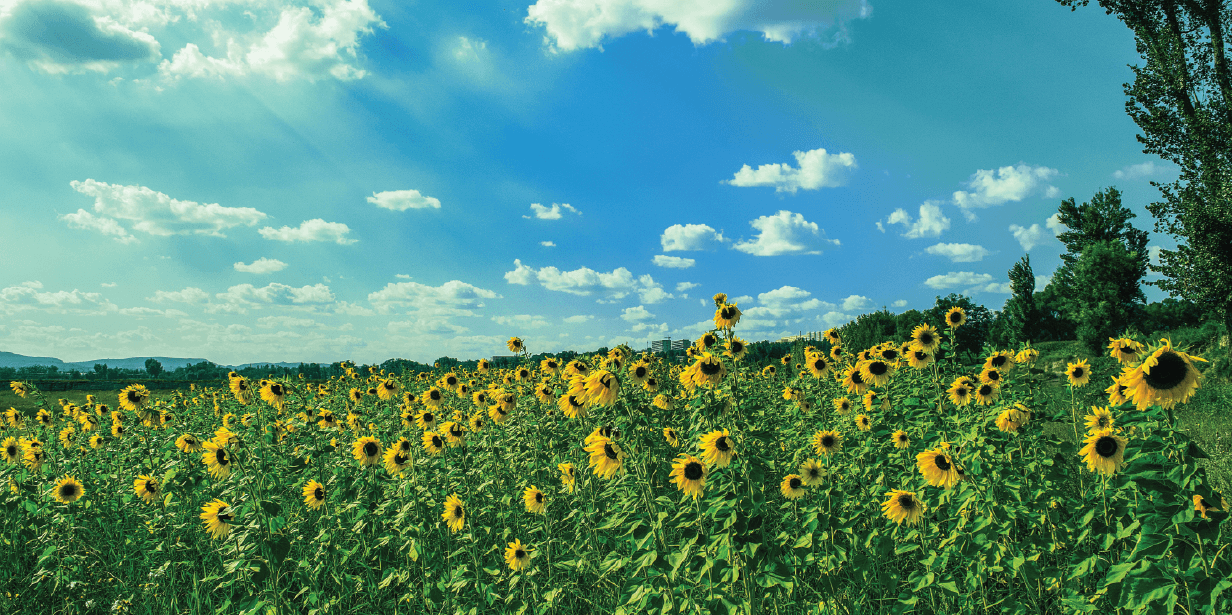
Checkout our strategic plans and guidance documents for GI planning and management.
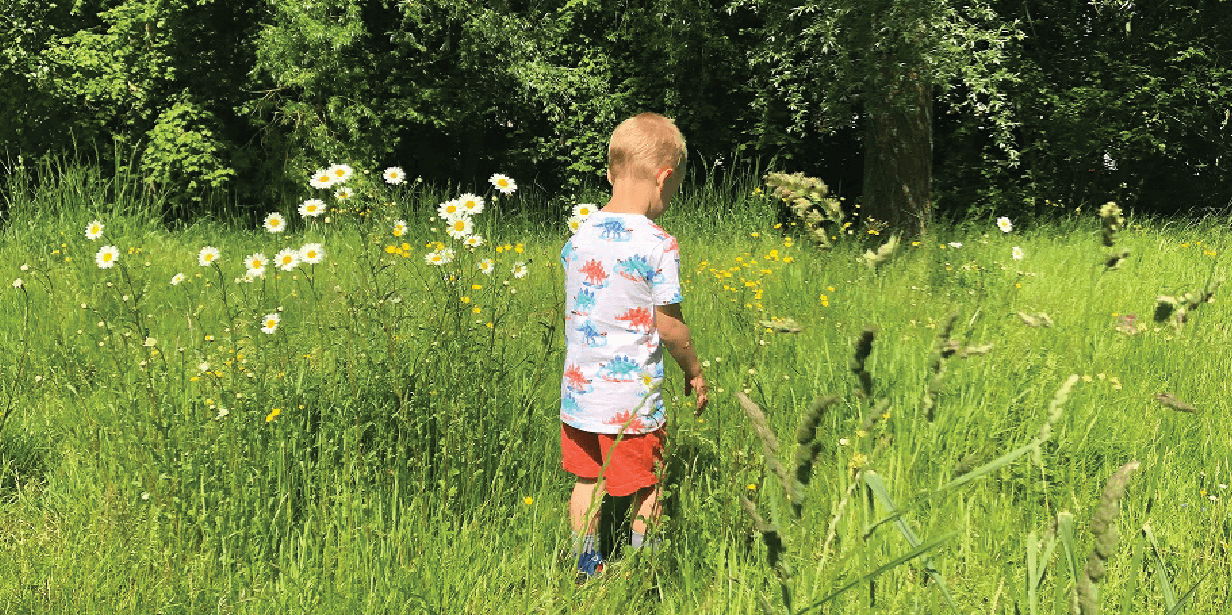
Discover more about the impact that climate change can have on our general well-being.
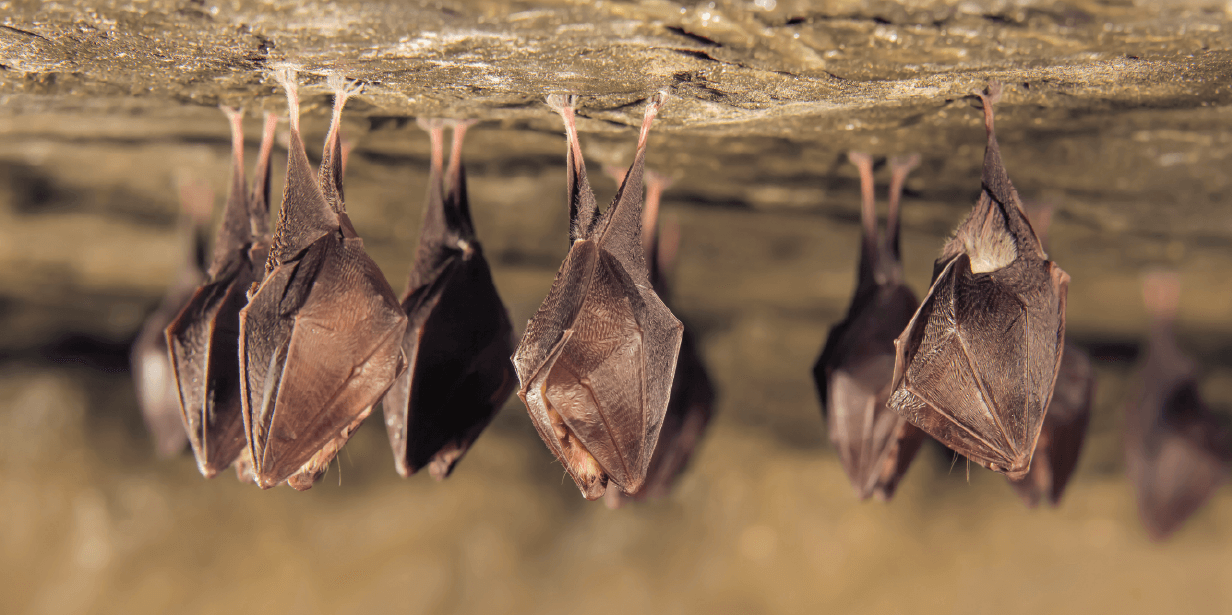
Find out more about the habitats and species of Monmouthshire and what we are doing to protect them.
This post is also available in: Welsh
